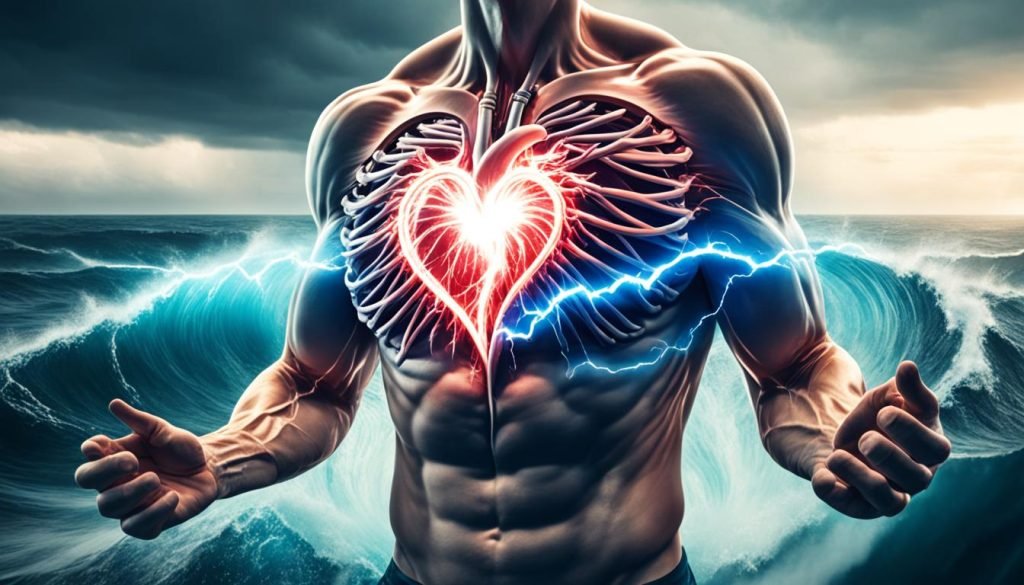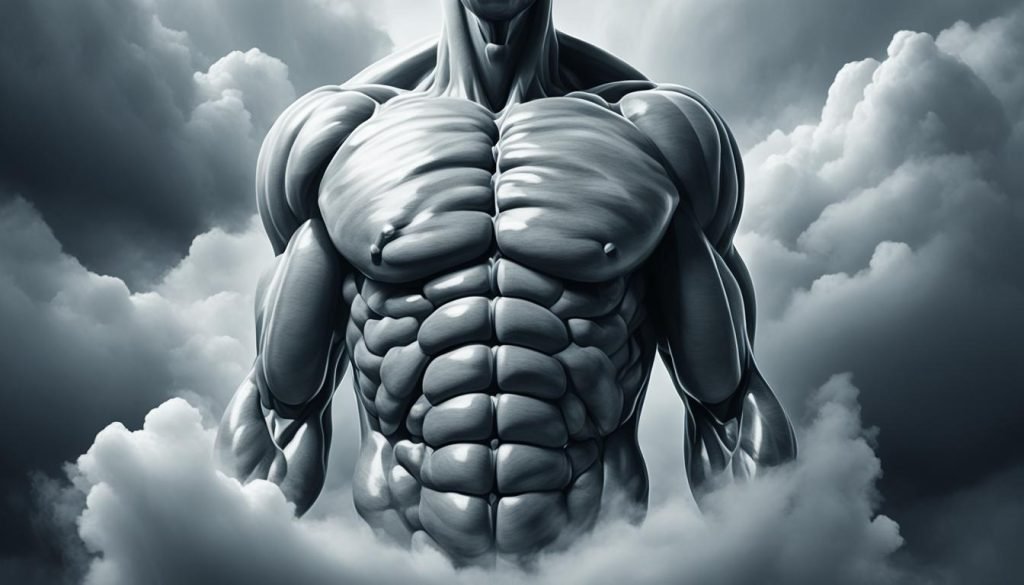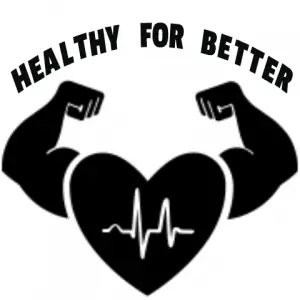Have you ever felt chest pain when you were sad? This raises questions about how our feelings and body sensations connect. Emotional pain is not just in our minds; it can also show up in our bodies. This shows how deeply our mind and body are linked for our health.
Studies show that our brain treats emotional pain like physical pain. This can cause chest discomfort when we're feeling very sad. Many people have felt this kind of pain during tough times.
It's important to understand how emotional pain affects our bodies. In this article, we'll look at why chest pain happens when we're sad. We'll also see how our feelings and physical health are connected. Let's explore this interesting link between heartache and health.
Key Takeaways
- Emotional distress can result in physical symptoms, notably chest pain.
- The mind-body connection plays a significant role in how emotions affect health.
- Chest pain when sad can indicate underlying emotional struggles.
- Understanding these connections is vital for effective management of emotional and physical distress.
- Awareness of symptoms can help individuals seek appropriate support and treatment.
Introduction to Emotional Distress and Physical Symptoms
Emotional distress is a complex mix of mind and body reactions. It can lead to physical symptoms. For example, sadness can cause chest pain. Many people find their body reacts strangely when they're feeling down.
This shows how emotional and physical health are linked.
Sadness physical symptoms include chest pain, headaches, fatigue, and stomach problems. These psychosomatic complaints might be overlooked or misunderstood. It's important to know they often come from emotional issues.
The link between emotions and physical feelings is key here. Feelings of sadness can make the brain areas for pain work overtime. This leads to physical sensations that mirror our emotional state. Dealing with both emotional and physical issues at once helps us understand health better and find better treatments.
| Emotional Condition | Physical Symptoms |
|---|---|
| Depression | Chest pain, fatigue, appetite changes |
| Anxiety | Palpitations, tightness in chest, headaches |
| Grief | Chest heaviness, insomnia, digestive issues |
Understanding the link between emotional distress and physical symptoms is crucial. It shows we need a full approach to health. Recognizing both emotional and physical signs helps us take care of our overall health.
Understanding the Mind-Body Connection in Emotional Pain
The mind and body are deeply connected when it comes to emotional pain. Emotional experiences can make us feel physical pain. This link shows how our feelings can turn into physical symptoms.
Stress can make certain parts of the brain work harder, like the anterior cingulate cortex. This area deals with emotions and can make us feel pain all over.
High emotional stress can even affect the vagus nerve. This can lead to chest pain or other physical issues. It shows why we need to look at both our mental and physical health when treating emotional pain.

Seeing the link between emotional pain and physical symptoms helps us understand their deep connection. By treating both the mind and body, we can better manage emotional pain and improve our health.
Chest Pain When Sad: A Closer Look at Broken Heart Syndrome
Feeling chest pain when sad can be linked to broken heart syndrome. This condition makes you feel like you're having a heart attack. It happens when you're going through a lot of emotional pain. It's important to know how emotional stress can affect your body.
Symptoms Mimicking a Heart Attack
People with broken heart syndrome often feel like they're having a heart attack. They might notice:
- Intense chest pain
- Shortness of breath
- Heart palpitations
- Sweating
- Lightheadedness
These symptoms might make you think you're having a heart attack. But it's important to know they can come from emotional stress.
Triggers of Broken Heart Syndrome
Many emotional things can lead to broken heart syndrome. Some big ones are:
- Loss of a loved one
- Severe relationship breakups
- Intense financial stress
- Significant life changes or challenges
Knowing what triggers it can help you deal with your feelings. If you feel chest pain when sad, you should get medical help fast. This is to make sure you're not facing a serious health issue.
| Symptoms | Characteristics | Potential Triggers |
|---|---|---|
| Chest Pain | Intense, may feel like pressure | Grief, loss |
| Shortness of Breath | Difficulty in catching breath | Stressful changes |
| Heart Palpitations | Rapid or irregular heartbeat | Emotional upheaval |
| Lightheadedness | Dizziness, feeling faint | Severe anxiety |
Exploring Common Emotional Triggers of Chest Pain
Emotions can really affect our health. Depression and anxiety often cause physical symptoms. People with depression might feel chest tightness due to their feelings. Anxiety can make you feel uneasy, which might feel like chest discomfort.
It's important to understand these links to manage our emotional health better.
Depression and Chest Pain
Depression can show up in many ways, including physical symptoms. One common symptom is chest pain from stress. Those with depression might feel sad and have physical symptoms like chest pressure.
This shows how our mental health affects our body.
Anxiety and Emotional Chest Discomfort
Anxiety can make you feel physical pain, like discomfort in the chest. This can happen during panic attacks or stressful times. You might feel your heart racing, have trouble breathing, or feel a heavy chest.

| Emotional Condition | Common Physical Symptoms |
|---|---|
| Depression | Chest tightness, fatigue, headaches |
| Anxiety | Increased heart rate, chest discomfort, shortness of breath |
| Stress | Muscle tension, stomach issues, palpitations |
| Grief | Chest heaviness, fatigue, emotional exhaustion |
Impact of Grief and Sadness on Physical Health
Grief and sadness deeply affect our physical health. They can make us feel a heavy chest, which is important to understand. This feeling comes from both emotional pain and our body's response.
Grief as a Cause of Chest Heaviness
Feeling grief often brings many emotions. A common feeling is a heavy chest. This feeling can be hard to tell apart from a medical issue. It shows how much emotional pain we're going through.
It's key to recognize this feeling. It shows we need support when we're going through a big loss.
Depressive Somatization and Physical Symptoms
Depressive somatization chest happens when emotional pain turns into physical discomfort. People feeling sad may have ongoing chest tightness or pain. This shows how important it is to look at both our emotional and physical health.
Not treating these symptoms can lead to long-term health problems. This highlights the need for care that looks at our emotional health too.

Managing and Coping with Emotional Distress
Handling emotional distress means using various techniques and strategies. Relaxation methods can really help you deal with emotional pain. Activities like yoga and meditation bring peace and lessen chest pain. They help manage stress by making you more mindful and lowering anxiety.
Relaxation Techniques and Stress Management
Relaxation techniques are key to managing emotional distress. Here are some methods:
- Deep Breathing Exercises: Focusing on your breath can calm the mind and body.
- Progressive Muscle Relaxation: Tensing and relaxing muscles helps release tension.
- Mindfulness Meditation: Watching thoughts without judgment helps you stay calm and aware.
- Yoga: Combining movement with breathwork boosts both physical and mental health.
These methods not only reduce stress but also improve how you handle your emotions. This is crucial for dealing with the emotional side of distress.
The Role of Therapy and Support Groups
Adding therapy and support groups to your routine can change things. Therapy gives you tools to better manage your feelings. It's a place to look into the deep reasons behind your emotional pain.
Support groups offer a sense of community and connection. They let you share stories and learn from others going through the same thing. Both therapy and support groups help you tackle emotional health from different angles. They empower you to face your emotional challenges and lessen physical symptoms of distress.
Using these resources is key to improving your emotional well-being. They help you build a healthier mindset.

Conclusion
Understanding how emotional pain affects our health is key to staying well. We've talked about how not dealing with emotional pain can lead to physical issues, like chest pain. It's important to see that this pain might be a sign of deeper emotional problems.
This shows how our feelings affect our health. If we ignore these signs, we could face more problems, both in our feelings and our bodies. We've seen that finding ways to deal with our emotions is crucial for a balanced life.
So, if you're feeling this kind of pain, it's important to work on both the physical and emotional sides. Taking care of both can lead to a healthier life and help you bounce back from emotional challenges.
FAQ
What causes chest pain when I feel sad?
Feeling sad can make you feel physical pain, like chest tightness. This is because our brain links emotional and physical pain. It's like our emotional and physical pain centers are connected.
Is emotional distress linked to physical health issues?
Yes, feeling down can make you feel physical pain, including chest pain. Conditions like depression and anxiety can cause this. It shows how our feelings can affect our health.
What is broken heart syndrome, and how does it relate to chest pain?
Broken heart syndrome, or stress-induced cardiomyopathy, happens when strong emotions cause chest pain like a heart attack. It can be triggered by big life changes or loss. If you have these symptoms, you should see a doctor.
Can grief lead to physical discomfort like chest heaviness?
Yes, grief can make you feel like your chest is heavy. This is because emotional pain can turn into physical symptoms. It's important to get help for both your feelings and your body.
How can I manage emotional distress that causes chest discomfort?
To handle emotional distress, try relaxation methods like yoga and meditation. Also, consider therapy and support groups. These can help reduce chest pain and make you feel better overall.
Why is it important to address mental health along with physical symptoms?
It's key to deal with both mental and physical issues because not doing so can lead to ongoing problems. Recognizing how emotional and physical pain are linked is crucial for getting better.
Source Links
- What Causes Chest Pain When Feelings are Hurt? – https://www.scientificamerican.com/article/what-causes-chest-pains/
- Broken Heart Syndrome: Can You Die of a Broken Heart? – https://www.webmd.com/heart-disease/can-you-die-broken-heart
- Broken heart syndrome – Symptoms and causes – https://www.mayoclinic.org/diseases-conditions/broken-heart-syndrome/symptoms-causes/syc-20354617
Recent Posts
It's important to evaluate whether Beachbody On Demand continues to meet your fitness needs as we enter 2025. With a range of workout programs and nutrition plans, the platform claims to cater to...
Just like having a personal trainer at your fingertips, Beachbody On Demand offers you an extensive library of on-demand workout programs accessible anytime, anywhere. This service allows you to...

